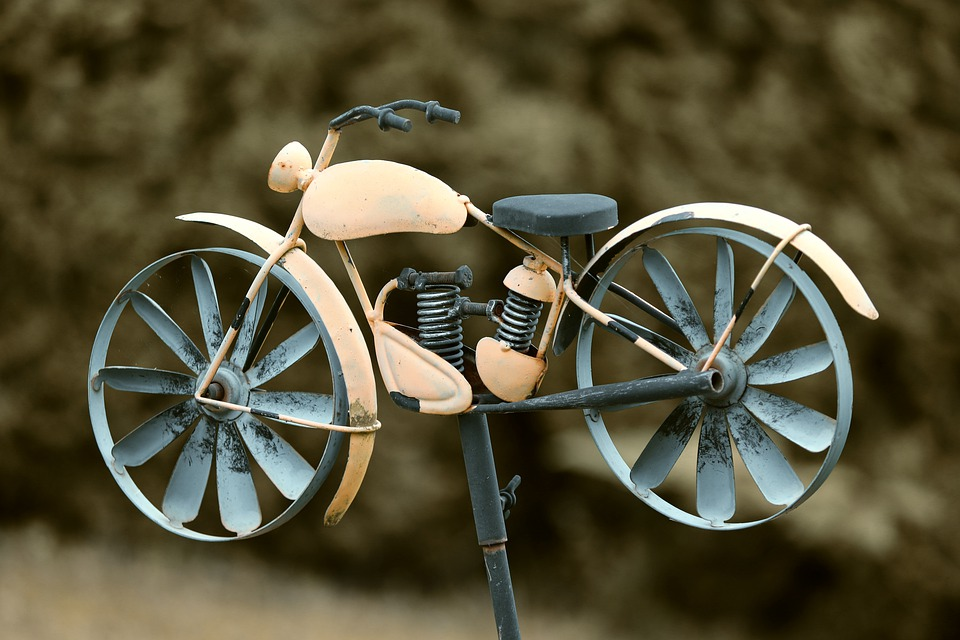Gardens are not just patches of greenery; they are extensions of one’s home, a reflection of personal style and creativity. Incorporating artistic metal edging for gardens adds a layer of elegance and functionality, transforming a simple garden into a masterpiece. By using metal edging, you create distinct boundaries that enhance the garden’s aesthetics and structure.

The Benefits of Metal Edging
Metal edging offers numerous benefits. Firstly, it provides a durable and long-lasting solution to garden landscaping. Unlike other materials, metal does not rot or become brittle, ensuring your garden maintains its charm for years. Furthermore, it is flexible and can be molded into various shapes, making it perfect for creative designs.
Durability and Longevity
One of the most significant advantages of metal edging is its durability. Made from materials like steel or aluminum, it withstands harsh weather conditions without deteriorating. This ensures that your garden remains immaculate through the seasons.
Flexibility in Design
Metal is a versatile material, allowing for a myriad of design possibilities. Whether you prefer sleek, modern lines or intricate, ornate patterns, metal edging can accommodate any aesthetic.
Types of Artistic Metal Edging
There are several types of artistic metal edging available, each offering unique benefits. From wrought iron to corten steel, the choices are vast and varied.
Wrought Iron Edging
Wrought iron is a popular choice due to its classic appeal and strength. It adds a touch of elegance and is perfect for traditional garden settings.
Corten Steel Edging
Corten steel is known for its rustic appearance and weather-resistant properties. Over time, it develops a beautiful patina, enhancing its aesthetic appeal.
Installation of Metal Edging
Installing metal edging is a straightforward process. It involves measuring the desired area, cutting the metal to fit, and securing it in place. For a detailed guide on DIY installation, visit Michelle J Designs.
Preparing the Site
Before installation, it’s crucial to prepare the site. This involves clearing the area of debris and ensuring the ground is level.
Securing the Edging
Once the site is prepared, the metal edging can be placed and secured using stakes or anchors. This ensures the edging remains in place, providing a neat and organized look.
Maintenance of Metal Edging
Maintaining metal edging is relatively easy. Regular cleaning and occasional touch-ups with paint can keep it looking new and vibrant.
Cleaning Tips
Remove dirt and debris with a soft cloth or brush. For stubborn stains, mild soap and water can be used to restore the metal’s shine.
Preventing Rust
Applying a protective sealant can prevent rust and corrosion, ensuring the metal remains in excellent condition.
Enhancing Garden Art with Metal Edging
Metal edging not only defines garden boundaries but also complements garden art. It can highlight sculptures, fountains, and other decorative elements, creating a cohesive design.
Highlighting Sculptures
Strategically placed metal edging can draw attention to garden sculptures, enhancing their visual impact.
Complementing Water Features
Metal edging can also be used to frame water features, adding depth and dimension to the garden landscape.
Cost Effectiveness of Metal Edging
While initially more expensive than other materials, metal edging proves cost-effective in the long run due to its durability and low maintenance requirements.
Long-Term Savings
The longevity of metal edging means fewer replacements and repairs, saving money over time.
Value Addition
Investing in quality metal edging can increase the value of your property by enhancing its curb appeal.
Choosing the Right Metal Edging for Your Garden
Consider factors such as garden style, climate, and budget when choosing metal edging. For more ideas, check out modern metalworks.
Style and Design
Select a design that complements your garden’s overall theme and enhances its natural beauty.
Climate Considerations
Choose materials that withstand your local climate to ensure longevity and performance.

Frequently Asked Questions
What is the best metal for garden edging?
Steel and aluminum are popular choices due to their durability and versatility.
Can metal edging be installed on uneven ground?
Yes, metal edging can be adjusted to fit uneven surfaces, providing a seamless look.
How often should metal edging be maintained?
Regular cleaning and inspection are recommended, with sealant application once a year to prevent rust.
This article contains affiliate links. We may earn a commission at no extra cost to you.

